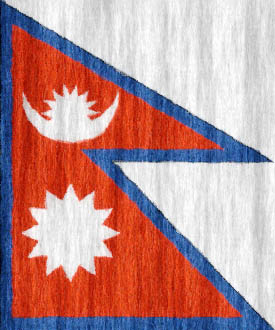IANS
Officials from Nepal and India will be meeting in New Delhi today and tomorrow to hold talks on the much-touted Power Trade Agreement (PTA) between the energy-starved nations.
According to the decision taken during the visit of Indian Prime Minister Narendra Modi to Nepal in August, the two sides agreed to complete the negotiations within 45 days.
Nepal’s cabinet yesterday formed a seven-member task force comprising senior officials from the ministries of energy, finance, foreign affairs and law and justice to negotiate with the Indian side, Nepal’s Minister for Information and Communication, Minendra Rijal, said.
Energy Secretary Rajendra Kishor Chettri will be leading the Nepali delegation to India to finalise the PTA, Rijal said.
The team will hold negotiations with the Indian side in order to sign the PTA and an attorney has been entrusted to him to include the Indian position in the PTA before signing it, the minister said.
The PTA is the key for both sides to export and import electricity, fixing the price and exploring the market as energy-starved Nepal and India need to do business in the long term facilitating power generation and production.
India and Nepal have been trying to enter into a power trade deal for a long time.
The Indian side had sent a draft of a Power Co-operation Agreement (PCA) to Nepal on May 9. The PCA proposed by the Indian side was about power generation, production and trade and offered full Indian co-operation in generation and production of hydro-electricity in Nepal.
Before the visit of Indian External Affairs Minister Sushma Swaraj to Nepal in July, the Indian draft was leaked in Nepali media and some political sections in Kathmandu created a huge uproar over the Indian proposal.
Then, three major political parties of Nepal - the Nepali Congress, the Communist Party of Nepal (Unified Marxist Leninist), and the United Communist Party of Nepal (Maoist) -- formed a cross-party panel to look into the PCA proposed by India.
The panel agreed not to mention anything on power development and generation in the draft and segregated the trade part for energy generation and production from the PCA draft and renamed it as PTA.
The Nepali PTA proposes that power tariff would be determined by the market while third parties would not be barred from a power deal in Nepal and India.
The panel had suggested inducting a line - “to promote the power sector, the two sides will promote joint ventures on agreed terms in accordance with the local law.”

